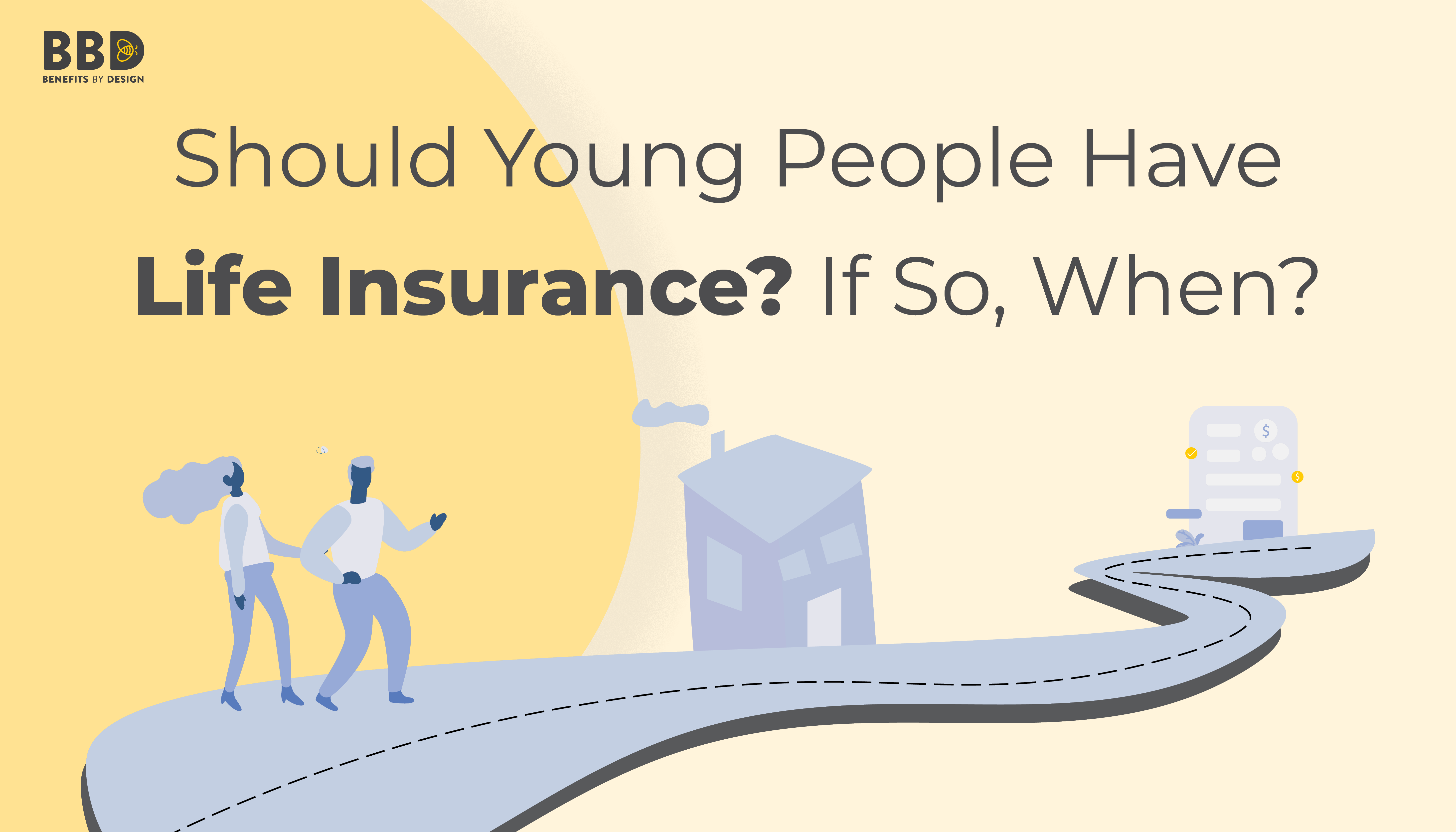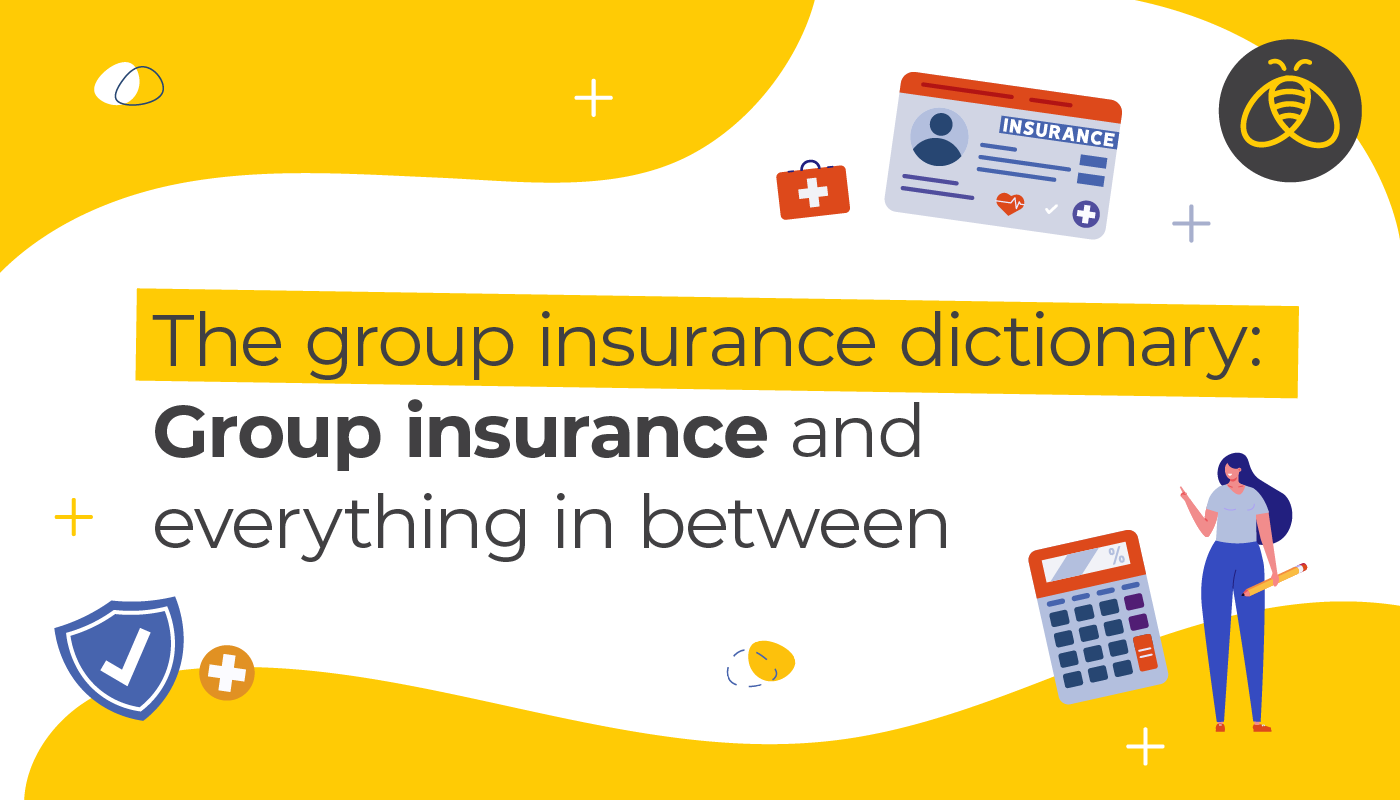Should Young People Get Life Insurance? If So, When?
By: Benefits by Design | Tuesday March 22, 2022
Updated : Wednesday July 12, 2023
We’d encourage you to think of buying Life Insurance not in terms of your age, but in terms of stage of life and lifestyle.
What is Life Insurance Really Meant to Do?
Here’s what Life Insurance is:
“Life Insurance provides financial assistance in the event of a covered plan member’s death. Benefits are paid to the named beneficiary completely tax-free.”
Life Insurance is meant as a form of income replacement for your family. In the event of your death, your income is gone. So, the question becomes, “If you died tomorrow, could your family maintain their current lifestyle?”
Even if the answer is yes, the follow up question is: for how long?
When Should I Purchase Life Insurance?
There is no right or wrong answer to this. Circumstances will vary based on your own experiences, lifestyle, and family situation. However, here are a few common scenarios in which having a policy would be a good idea:
- You have dependents. This is the big one! If you have dependents — a spouse, children, or a dependent family member — who rely on you to provide an income, you may want to consider this coverage. If you pass on, the payment can help supplement the loss of your income. This allows your dependents to maintain their lifestyle or affords enough time and income to make adjustments.
- You have a mortgage. A mortgage represents one of the largest and most significant debts a person can accrue in life. Will your family be able to continue making the mortgage payments on their own? If not, they may have to seriously uproot their lives in an already incredibly stressful situation.
- You have debts and obligations. A mortgage is just one example of debt you might leave behind. Car loans or joint credit cards are other examples of debts that may be left for your family to deal with.
- You have beneficiaries you want to continue to provide for. This could be children you wish to set up for success should the worst happen, or another family member. For example, you could wish to ensure that, in the event of your death, your children are set up with enough in which to attend post-secondary education.
- You want to cover final expenses, like a funeral. Final expenses can be a costly burden on those left behind, who are already experiencing one of the worst times in their lives. This coverage is a good way of removing one added stress after your passing.
If you have other people that rely on you to provide an income, Life Insurance is something you should consider.
At What Age Should I Buy Insurance?
Again, there is no set age when you must get insurance or it becomes unavailable. However, there are a few considerations.
For example, Whole Life Insurance, which has no termination age and offers coverage for someone’s entire life, will be less expensive the younger you apply. Statistically, younger people are less likely to result in a claim, and so premiums are at a low.
You’ll also want to consider your stage in life. A thirty-year old with a mortgage payment, car loan, a spouse, and two children will generally have more expenses than someone who is the same age, but is single and with no dependents or significant debts.
Different Types of Insurance
There are different types of Life Insurance to consider, depending on your needs and situation. The most common of these are Whole and Term Life Insurance. We talk about both in depth in another blog post.
So… Should Young People Get Life Insurance?
Life Insurance is meant as income replacement for those left behind and is helpful in covering debts and providing some assistance to your family. Though often considered to be a benefit ideal for those in later stages of life, the truth is that young people are more likely to have significant debts remaining. Debts like mortgages or student loans, or young dependents and spouses who rely on them to provide an income.
There is no “right” answer for everybody, but if you find yourself asking, “Will my family be financially set up in the event of my death?” and answering with “no” or “maybe”… It may be time to think more seriously about this important coverage.


